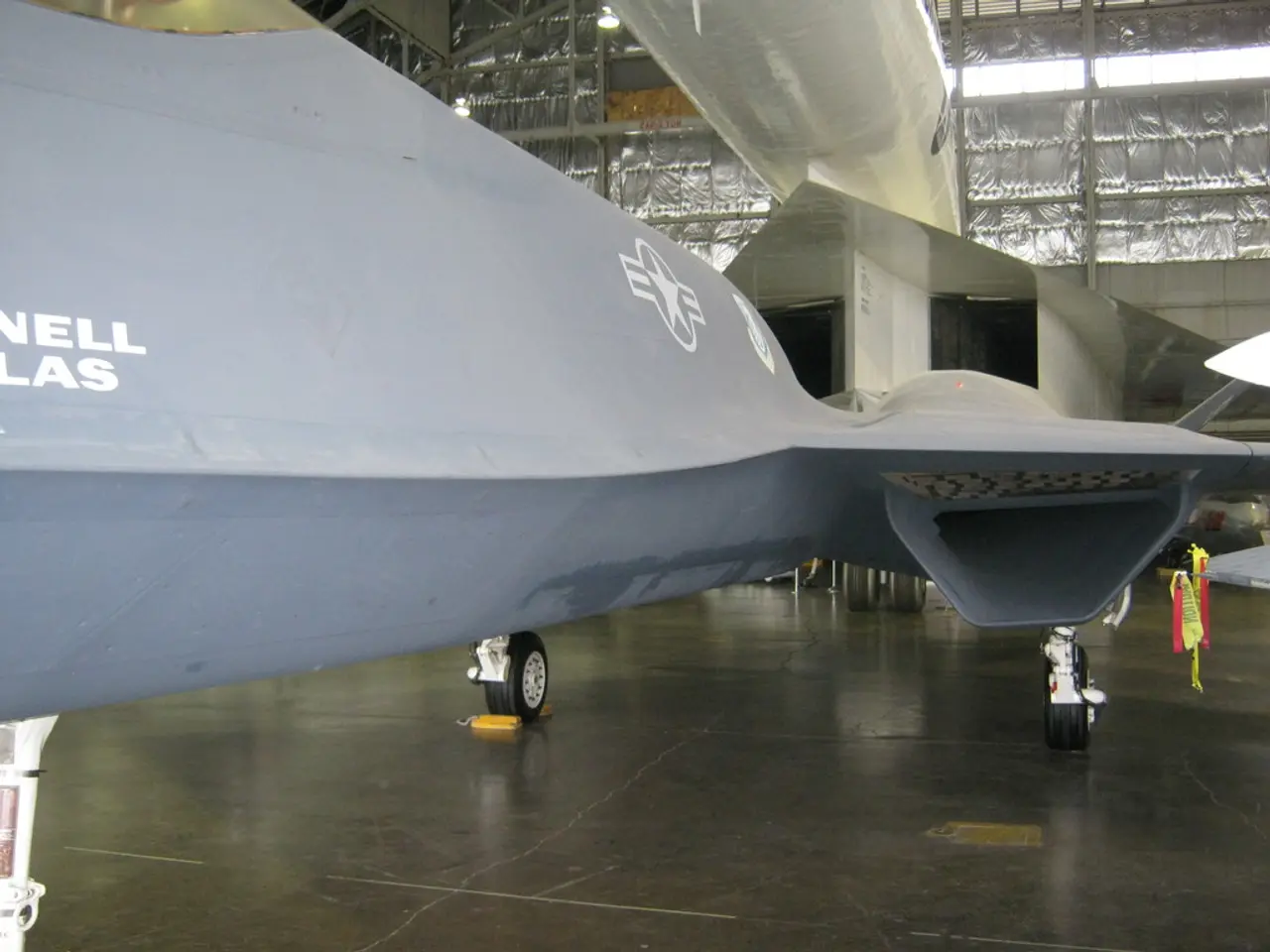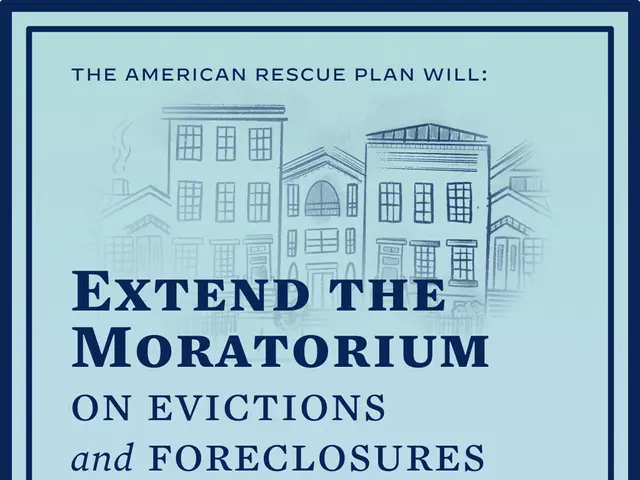Flight attendants cast a majority in support of issuing a work stoppage directive
Air Canada flight attendants, represented by the Canadian Union of Public Employees (CUPE), have voted in favour of a strike mandate, with 99.7% of members approving the action[1][2][4]. The mandate, which legally allows them to strike starting August 16, 2025, at 12:01 a.m., is subject to giving at least 72 hours’ notice before any work stoppage occurs[1].
The vote took place from July 28 to Tuesday, and negotiations continue as both sides are eager to reach a collective agreement and avoid a strike[1]. The key issues in the negotiations, such as remuneration, unpaid work, and pensions, remain unresolved[1][2].
The union is pushing for higher wages and an end to unpaid labor, accusing the airline of paying “poverty wages” and failing to compensate for work done outside regular hours[1]. Air Canada denies these claims and is focused on reaching a deal to avoid disruption, stating that flights are currently operating normally with no cancellations or postponements planned[1][3].
The airline emphasizes that a strike vote is a standard step in labor negotiations and that no strike can legally occur before August 16 due to the 21-day cooling-off period following the 60-day conciliation period[3]. Despite this, the union remains optimistic about an agreement but wants to see how Air Canada responds to its proposals.
In summary:
- Flight attendants have a strong strike mandate (99.7% approval).
- They can legally strike from August 16 onward with proper notice.
- Negotiations are ongoing, with both parties hoping to reach a deal and avoid work stoppage.
- Air Canada operations remain unaffected currently, with flights operating as scheduled.
- Key issues include wages and compensation for unpaid labor.
These developments reflect an active and critical phase in collective bargaining between Air Canada and CUPE flight attendants, with a potential strike looming if no agreement is reached soon[1][2][3][4]. The airline is determined to conclude a fair and equitable collective agreement with CUPE that recognises the contribution of its flight attendants and ensures the long-term competitiveness and growth of the company. Air Canada believes there is still sufficient time to reach an agreement and avoid disrupting the plans of hundreds of thousands of travelers.
[1] CBC News. (2023). Air Canada flight attendants vote 99.7% in favour of strike mandate. [online] Available at: https://www.cbc.ca/news/business/air-canada-flight-attendants-vote-strike-mandate-1.6628189
[2] Global News. (2023). Air Canada flight attendants vote 99.7% in favour of strike mandate. [online] Available at: https://globalnews.ca/news/9203172/air-canada-flight-attendants-vote-strike-mandate/
[3] National Post. (2023). Air Canada flight attendants vote 99.7% in favour of strike mandate. [online] Available at: https://nationalpost.com/news/canada/air-canada-flight-attendants-vote-99-7-in-favour-of-strike-mandate
[4] Toronto Star. (2023). Air Canada flight attendants vote 99.7% in favour of strike mandate. [online] Available at: https://www.thestar.com/business/2023/07/31/air-canada-flight-attendants-vote-99-7-in-favour-of-strike-mandate.html
- The ongoing policy-and-legislation surrounding labor disputes in the French industry, such as the cooling-off period for strikes, could significantly impact the finance and general-news landscape, especially considering the impending work stoppage by Air Canada flight attendants.
- In the heart of the aerospace sector, American politicians are closely monitoring the Air Canada-CUPE negotiations, hoping that a fair resolution will be reached, as the potential strike could pose severe repercussions for Canada's economy and international business ties.
- Financial analysts across the globe have expressed growing concerns about the potential consequences for Air Canada's stock price if the ongoing strike discussions escalate and a work stoppage occurs, impacting the airline's overall reputation and industry-wide investment strategies.








